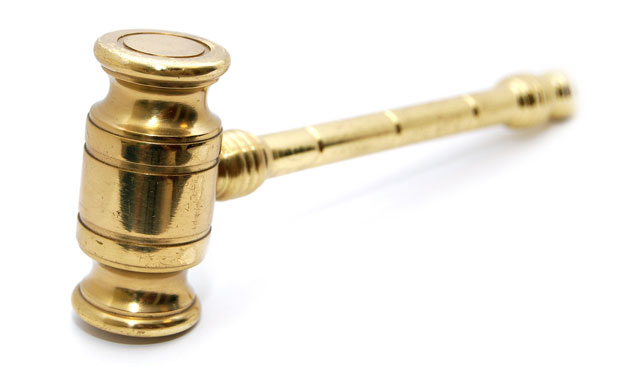
The fall-out from the business failure of MultiChoice rival On Digital Media, the owner of TopTV, continues unabated with news that the Industrial Development Corp (IDC) has taken three of the pay-TV operator’s major shareholders to court seeking to recover more than R750m.
TechCentral can reveal that the IDC is suing First National Media Investment Holdings (FNMIH) and its shareholders, along with First AOne Trade & Invest and Red Gold Investments, for a combined R752,8m. This follows the decision last year to place ODM and TopTV into business rescue in terms of the Companies Act after the broadcaster was unable to continue paying its creditors.
Papers have been filed at the high court in Johannesburg.
The latest developments follow news this week that FNMIH and another ODM shareholder, Mergan Moodley, have taken the broadcaster and its business rescue practitioner, Peter van den Steen, to the high court, also in Johannesburg, in an effort to stop what they have called the “premature” implementation of a business rescue plan agreed to on 30 April 2013.
Records show that FNMIH, First AOne Trade & Invest and Red Gold Investments together hold — or, rather, held prior to the signing of a disputed new shareholders’ agreement — a combined 58,9% of the troubled pay-television operator’s equity.
In terms of a rescue deal brokered by Van den Steen, China’s StarTimes is acquiring 20% of ODM’s equity, while the combined stake held by FNMIH, First AOne and Red Gold Investments — along with the National Empowerment Fund and the IDC — will be diluted to a 15% noncontrolling interest.
Under the business rescue deal, a new black economic empowerment (BEE) shareholder will own 65% of the equity, though the identity of this BEE entity, and who owns shares in it, has not been disclosed.
Trade union federation Cosatu may end up being a big loser in the IDC’s decision to go after the three ODM shareholders. Red Gold Investments is backed by Cosatu, while First AOne enjoys the backing of black-owned Lereko Investments.
Neither Collin Matjila, CEO of Cosatu’s investment arm, Kopano Ke Matla, nor Lereko chief financial officer Cedric Mampulu could immediately be reached by TechCentral for comment.
FNMIH chairman and CEO Vino Govender says his company is defending the IDC court action, but declines to comment further. Govender was founding CEO of TopTV.
The IDC wants FNMIH to pay it R293m, saying a further 12 individuals, trusts and companies that are invested in FNMIH — they are listed as defendants in the lawsuit — have provided guarantees against this debt.
It has asked the court to rule that First AOne Trade & Invest must pay it an amount of R161,8m, while Red Gold Investments, it says, owes it a combined R297,3m – R147,2m related to a first preference share subscription agreement and R150,1m related to a second deal.
The IDC says in its court papers that it became entitled to recover debts owed from the three shareholders after agreements were breached when the broadcaster was placed into business rescue in October 2012.
Meanwhile, ODM and Van den Steen say they intend defending the separate lawsuit brought against them last week by FNMIH and shareholder Moodley. The two parties, who together hold 21,1% of ODM’s equity, have brought the application on an urgent basis, claiming they were excluded from a new shareholders’ agreement, which had to be drawn up under the business rescue plan.
TechCentral reported on Tuesday that the two parties have asked the high court to stop Van den Steen and TopTV from “taking any steps” to implement the rescue plan in a way that has irreversible consequences pending the fulfilment or waiver of the “suspensive conditions” set out in the plan.
Doing so, the two argue in court papers, will “cause harm to the company, its creditors and employees”.
FNMIH’s Govender told TechCentral that neither his company nor Moodley had had “sight or comfort” from Van den Steen that the proposed investment by China’s StarTimes and the unnamed BEE partner had been “secured and verified”.
StarTimes will have a 65% economic interest in the restructured business, meaning that it will participate in 65% of the profits. Under South Africa’s constitution, foreign companies may hold a maximum of 20% of the equity in local broadcasters. — (c) 2013 NewsCentral Media
- See also: Shareholder dispute rocks TopTV




